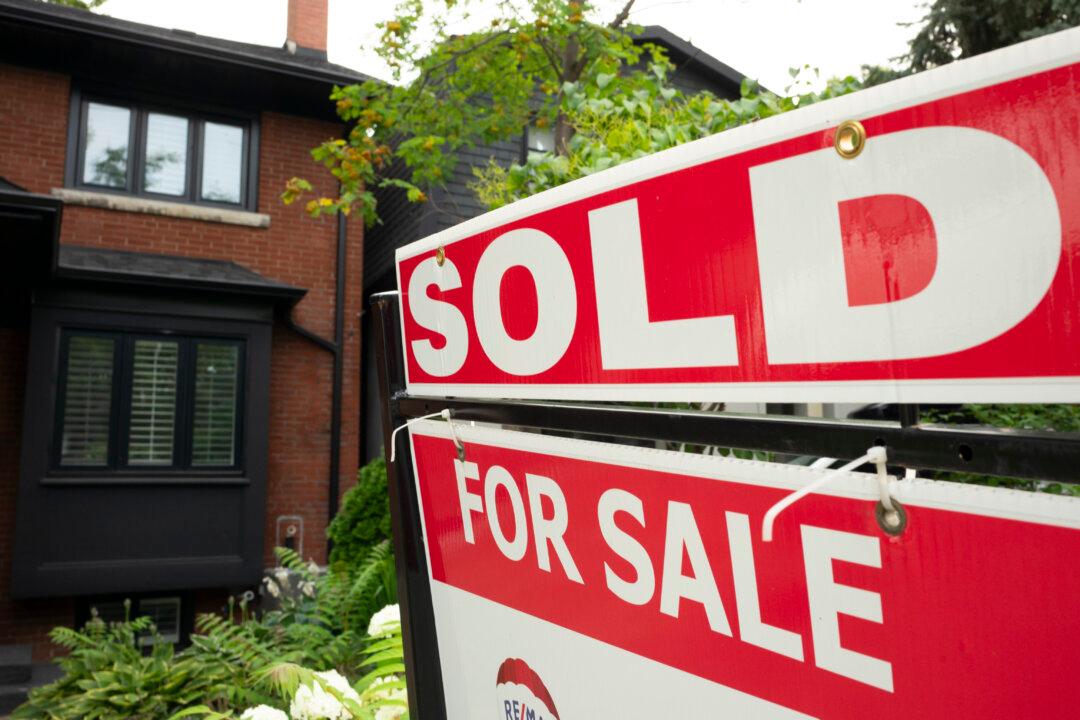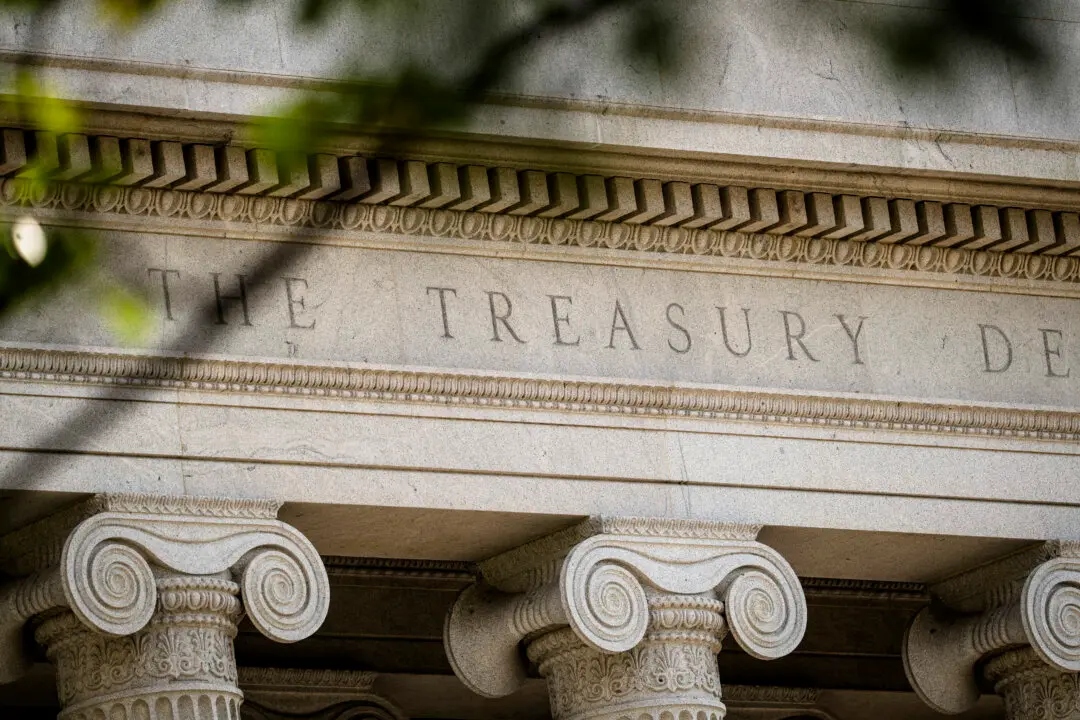Commentary
Canadians seem overwhelmed by the state of the economy in general and housing costs in particular. Rents have soared to levels that would have seemed incomprehensible only a few years ago. Although house prices have declined somewhat over the last two years, increases in mortgage rates have led to an increase in monthly payments.
Putting aside the question of “pride of ownership” issue, people have always had to ask themselves whether it was financially better to buy or rent. This question is not as obvious as one might think. Depending on the average income of Canadians, as well as house prices and interest costs at any time, the percentage of the population that can even entertain buying a house varies dramatically. Right now, saving for a 20 percent down payment and carrying a mortgage, given the after-tax income of average Canadians, effectively makes home ownership impossible for most young people. This is especially true if they live in Toronto or Vancouver.
However, for the few left who have the option of renting versus buying, what is the best choice at this time?
The world has changed in the last three years. Three years ago, a three-year mortgage term could be taken out for about 3.5 percent. Today, an unfortunate homeowner faced with a rollover would be faced with a new rate of about 7 percent, or double their previous rate. The average house price in Toronto was $900,000 in 2021. Assuming a 20 percent down payment, or $720,000 principal, monthly payments would be about $3,600 based on a 3.5 percent rate three years ago. At 7 percent, monthly payments would soar to $5,040, an increase of 40 percent or $17,280 a year. Even though home prices appear down 25 percent from their peak, the average price is about $1,200,000.





